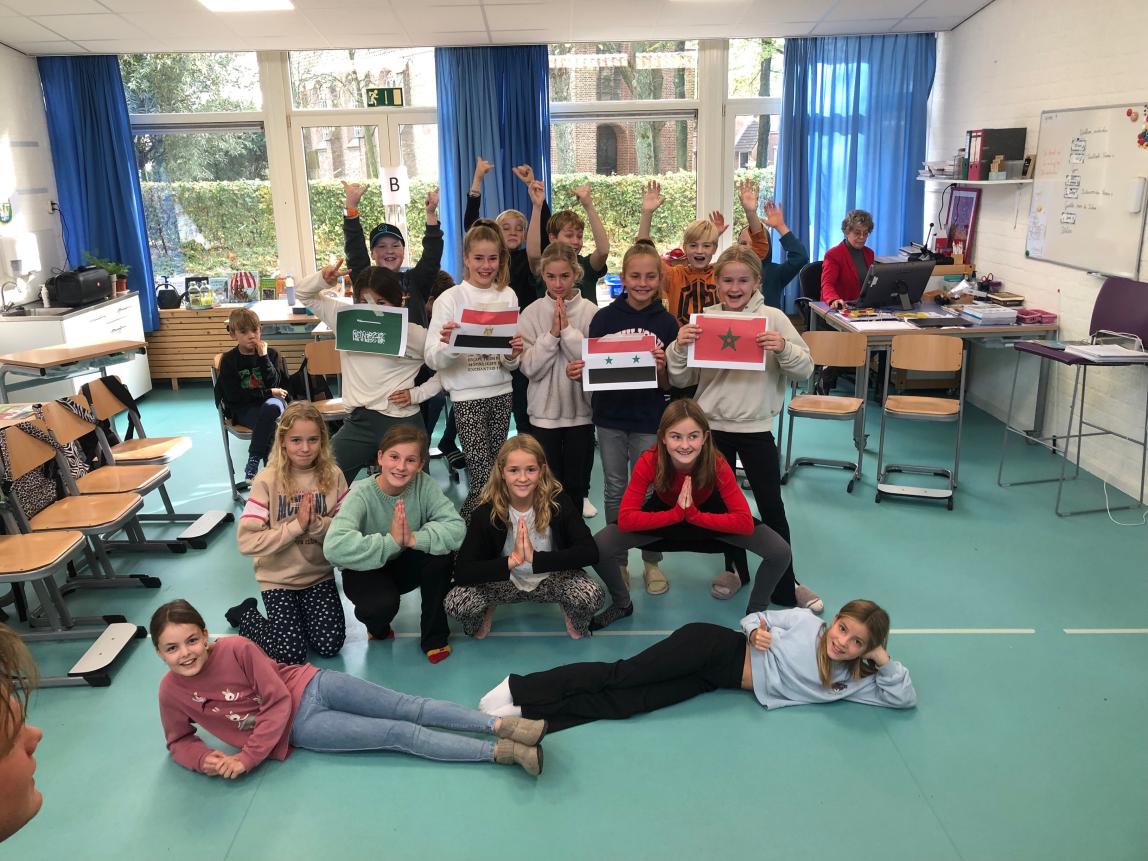
Leisure inspires hope for change
02/28/2024 - 16:35
If you open your eyes, you see the cracks; if you listen, you hear the squeaking and creaking: nitrogen, loneliness, food banks, energy prices, working conditions, gender inequality. The old doesn't seem to work anymore. Old, mostly white, men and women talk on TV. Politicians speak in circles. Scientists say things must change. 'The world is falling apart,’ a cry of urgency to those who want to hear and those who do not. It is clear that things have to change, but how?